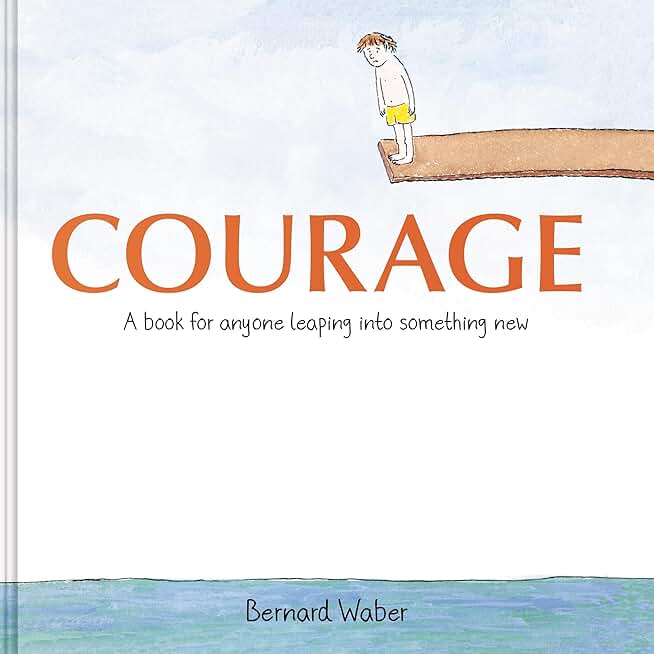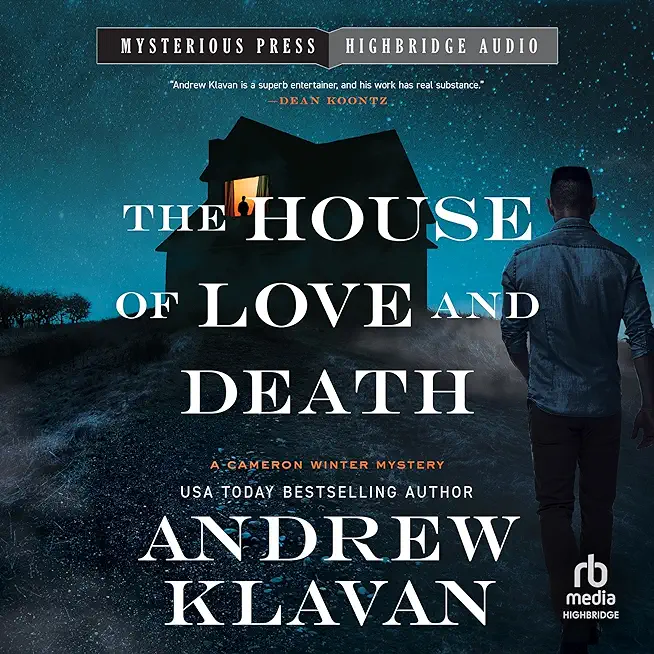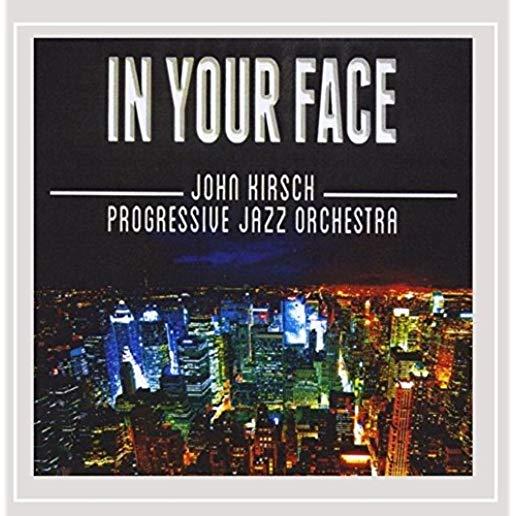
GOINS, JAMES A
product information
Condition: New,
UPC: 8892118035522,
Publication Date: 08/12/2015,
Type: COMPACT DISC,
Style: POP/R&B,
description
tracks
Hot Summer Days - RemixI Can Feel The Change - Remix
Don't Keep Steppin' On Me! - Remix
Never Give Up! - Remix
Hot Summer Days (1982 Original Version) Remastered
I Can Feel The Change (1982 Original Version) Remastered
Don't Keep Steppin' On Me! (1982 Original Version) Remastered
Never Give Up! (1982 Original Version) Remastered
notes
Fast Forward Liner Notes by LeRena Major (a.k.a. “Rockhistorygal”)With the ghost of Donny Hathaway lingering in their collective atmosphere and visions of Stevie Wonder and Bobby Womack in their hearts, seven friends formed a group in Riverside, CA in the early 80's – Eric Davis on drums; Eric Strickland on guitar and bass; Todd Lynch handling vocals, sax & flute; James A. Goins writing, producing, and handling the keyboards; and Steve Moore, Michael Jones and Leslie Howe providing vocals. This group of friends experienced music lessons early, some went to the same church and sang together in the choir, and as a collective successfully rocked any genre, from funk to R&B to jazz to country, if need be. Four songs penned in early '83 were recorded by the group that summer. In 2015, Goins decided to re-imagine the four tunes: re-interpret them, if you will, in the same genre - 32 years later. These four songs, as Fast Forward, are the story of the Silent Touch Band.
Kedar Massenburg may not have invented the term “neo-soul” until the late 1990’s, but the roots of the genre had been planted in the work of artists from decades before, since the genre has ultimately redefined the shape, feel and sound of black popular music. The Silent Touch Band is one of those groups that you've never heard of until now but whose work is as much a part of the neo-soul movement as that of Erykah Badu, D'Angelo, and Jilly from Philly. Goapele and Ricky Fante are the children of this sound. Marsha Ambrosius is one of its countless students. Jazzie B and Caron Wheeler rose from these roots, too. Unlike the works of the household names that influenced and built the genre, though, these songs were never released for public consumption – until now.
“Hot Summer Days” is as dreamy as Howe's vocals, which spookily (and accurately) foreshadow Beyonce's sound (and Queen Bey was barely a year old at the time) while nailing the feel of the season. “I Can Feel the Change” has sax that not only takes you away but ensures your flight to your chosen destination will be satisfying. “Don't Keep Steppin' On Me” is a smoothly-constructed musical syringe of heartbreak and assertion, and “Never Give Up” is the funky siren song of positivity – ignore at your own risk!
It's as though Phil Perry and Amel Larrieux had a baby, really, except that wasn't quite possible in 1983. Serious echoes of Champaign (of “Try Again” and 'How 'Bout Us” fame – not the similarly-named-but-differently-spelled 70's band featuring then-youngsters Prince and Andre Cymone) as well as DeBarge crop up, with some jazzily smooth arrangements before radio programmers scooped up the “smooth jazz” genre name for marketing. Phil and Amel had a neo-smooth-soul-jazz baby! The 2015 versions bring the songs full circle: the arrangements are more urgent without being cluttered, a little heavier without being weighted. Perhaps those qualities are the products of a rear view mirror's worth of insight, heartbreak, and life lessons. No matter what, these new versions are even more infectious. Whether you realize it or not, they dig deeper into your core with each listen. As with the originals, they would not be out of place in church or on the Grammy stage.
These are not Autotuned performances. The members of the STB grew up with music playing in their homes and experienced music lessons early in life. Goins shares that, due to that, “music theory, composition and excellence on your instruments was a must,” and these recordings reflect that. These are analog recordings, infused with the warmth of that medium and made in an era when players were expected to know their parts and their instruments. Tight musical units such as this probably exist more often than we realize, but ensemble players as comfortable with each other as the members of the Silent Touch Band don't gel easily nor come along very often. Certain (frequently unforeseen) factors combine to pull the perfectly-in-place puzzle pieces off the board and add them to the tally of groups on the sidelines who never break out.
They thought they'd be together for years, but the universe held a different trajectory. Goins took an unexpected path to CSU Dominguez Hills in the fall of '83 and never returned to Riverside. Unsurprisingly, the seams of the Silent Touch Band came apart. Had the band remained a unit, Howe would have been a star for many years now – her voice would have made her a star - and the men in the group would be some of the most highly-sought after session musicians, playing on all the hits you know and love and then some. They would have given Randy Jackson serious competition for his bookings in the 80's and 90's – both as a session musician and a music director.
1983 may have been the year in which the original versions of these songs were recorded, but they belong in 2015 (and the rest of the here and now) just as much as they do in 1983 – and any year in between. Put your ear to the speakers and you can practically hear Casey Kasem intoning that “Never Give Up” is this week's Number One song on the Hot Black Singles Chart (renamed from the “Hot Soul Singles Chart” a year before) for the week ending October 1st, 1983. Listen again as a few weeks later he informs you that it's now cracking the Top 40, on its way up, of course. The Silent Touch Band could ever-so-easily exist in 2015, and they'd be well-known, too. Established stars would not only be performing their songs but performing with them. You're hearing one of their songs now as the closing theme of a hit movie! Newcomer Kevin Ross has hired them to play and sing on his album! The Roots are teaming up with the Silent Touch Band at the Philly 4th of July Picnic! All of these scenarios could have been very, very real.
'Fast Forward' is the collection's title for a reason: where did the last 32 years go? Clearly these songs are even more relevant than they were then. The tunes were originally created from much of the substance that binds humanity: youth giving way to adulthood, change, friendship, and a healthy dose of heartbreak - isn't there always a girl? (There were a couple, in the case of these songs.) Let's not forget those hot summer days, which still can melt all your problems away – if you will allow it to be so. Re-imagining them in 2015 has rendered them more urgent, yes, but no less compelling - perhaps because of the passing of the years, combined with accomplishments – or maybe lack thereof, depending on the viewpoint, along with the ubiquitous fuller realization that what’s left of life should be maximized to the fullest. All of the usual “stuff” comes into play - reflections on lessons learned and then some.
Nowadays, Goins is a successful force in the music industry, composing music for film and musical theatre and writing and directing small films, stage plays and musicals. Musical dreams didn't totally fade for the others: Eric Strickland ended up in 80’s funk/pop group Z’looke (and still occasionally works with Goins) and Eric Davis stayed local and continued to play off and on at different churches but never pursued it professionally. Steve Moore tried to start another band but was never successful and he eventually became successful in real estate. Michael Jones worked as a nurse for various nursing homes, Leslie Howe eventually went to work as a Child Support Officer in San Bernardino and Todd Lynch continued to use his gifts as a Music Pastor.
Their musical story, though, as the Silent Touch Band, lives on. The Mark II Fender Rhodes 88 piano and AMPEX 456 ½-inch reel-to-reel recorder may have ultimately given way to an update by digital transfer and some re-working of the arrangements. Vibrant, tight horns and slapping bass have the new versions of these compositions expertly and joyously echoing Larry Graham and Earth, Wind & Fire. But the songs themselves haven't changed that much - they still draw you in and don't lessen their grip. Goins stated that he's keeping a promise to the band in making the re-imagined versions of these tracks a although it may not be a new concept or even the first time it's been done. (For a much more famous example, think along the lines of Michael Jackson's 2014 Xscape album.)
Now imagine the tracks on Fast Forward with a splash of those groovy “scratchy record” sound effects (just like those found on the opening track of 'Maxwell's Urban Hang Suite'.) Fast Forward is right at home – then – and now.
Neo-soul isn't really all that neo, is it?
Goins may sum it up best: “It began to hit me how my own children were saying that my music sounded like neo soul and all I could do is laugh. I mean, damn - my generation and the one previous created “that” sound 30-40 years earlier. Then I had an idea. Let’s unpack never released music from that time, remaster it, dust it off, present it in comparison to the same tunes re-imagined in today’s music and see if it holds up. See if what’s old can be revived so folks can appreciate how we got here musically.”
“I think if I’m able to be successful in some small measure other creators will take a look at this, reach into their archives and pull that never-released stuff out, dust it off – give it to a young producer to re-imagine – and give it life. At the same time give life to the original as a benchmark or compass for how they as creators arrived at their own sound. Music isn’t created in a vacuum: it replaces something that either was there or was not. It then influences and impacts the listener in other ways and helps them create their voice. I’ve always wanted that voice to be heard.”
Fast Forward Produced by James A. Goins and Stephan DeReine for De'Layna Records
member goods
No member items were found under this heading.
Return Policy
All sales are final
Shipping
No special shipping considerations available.
Shipping fees determined at checkout.







